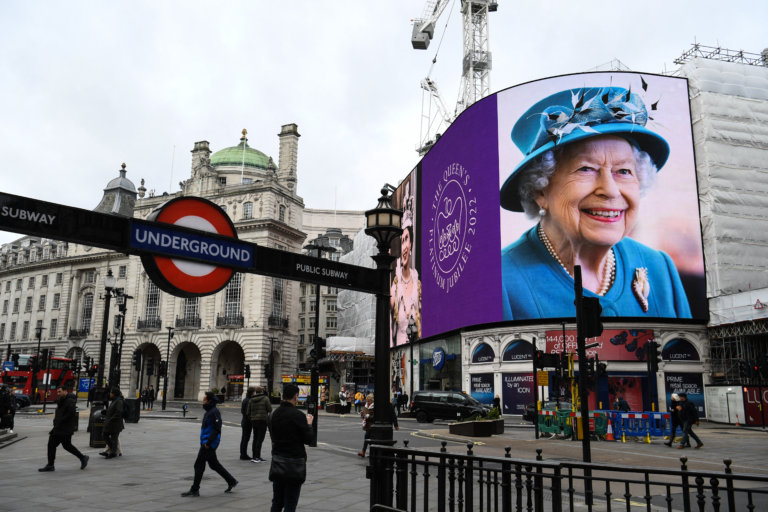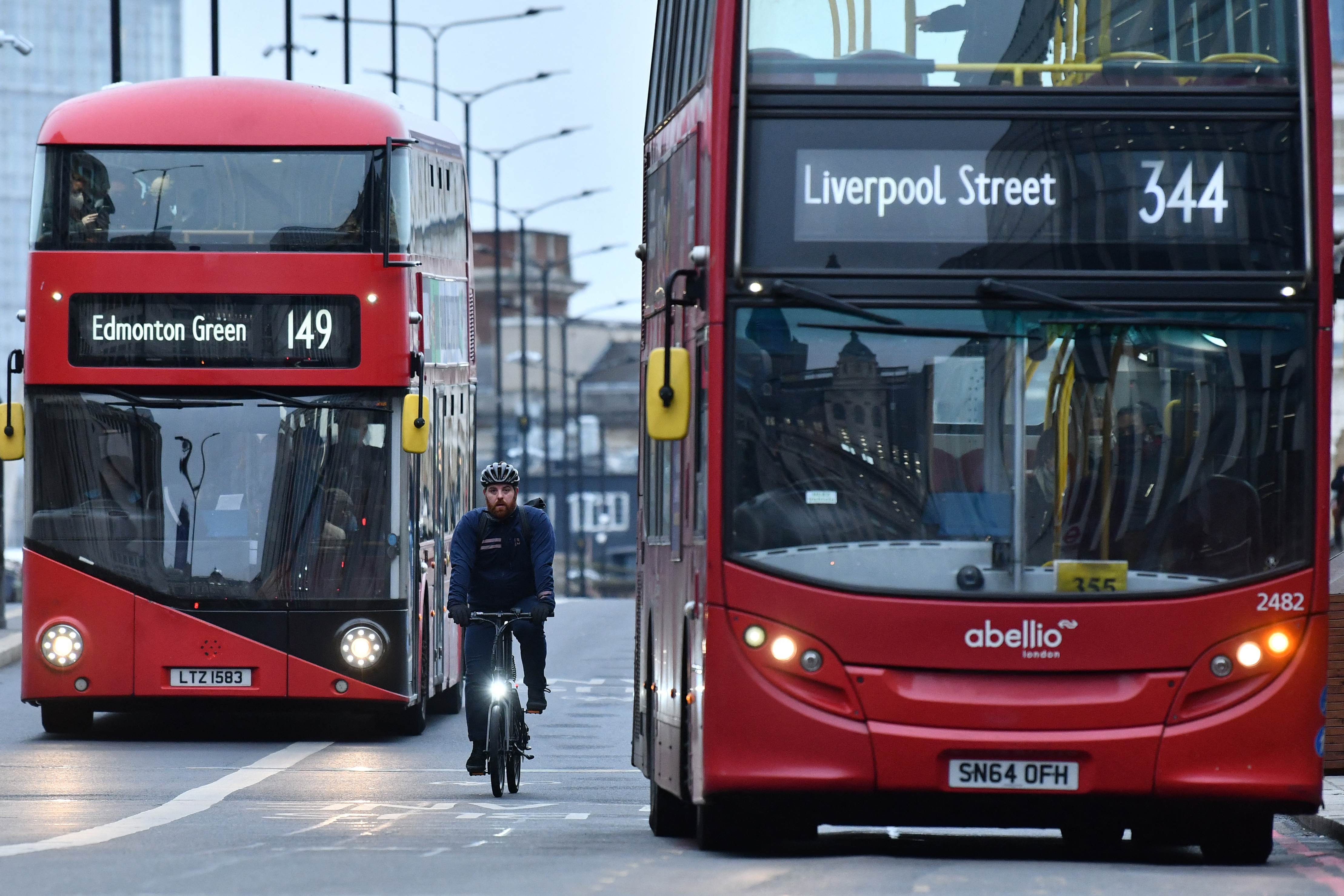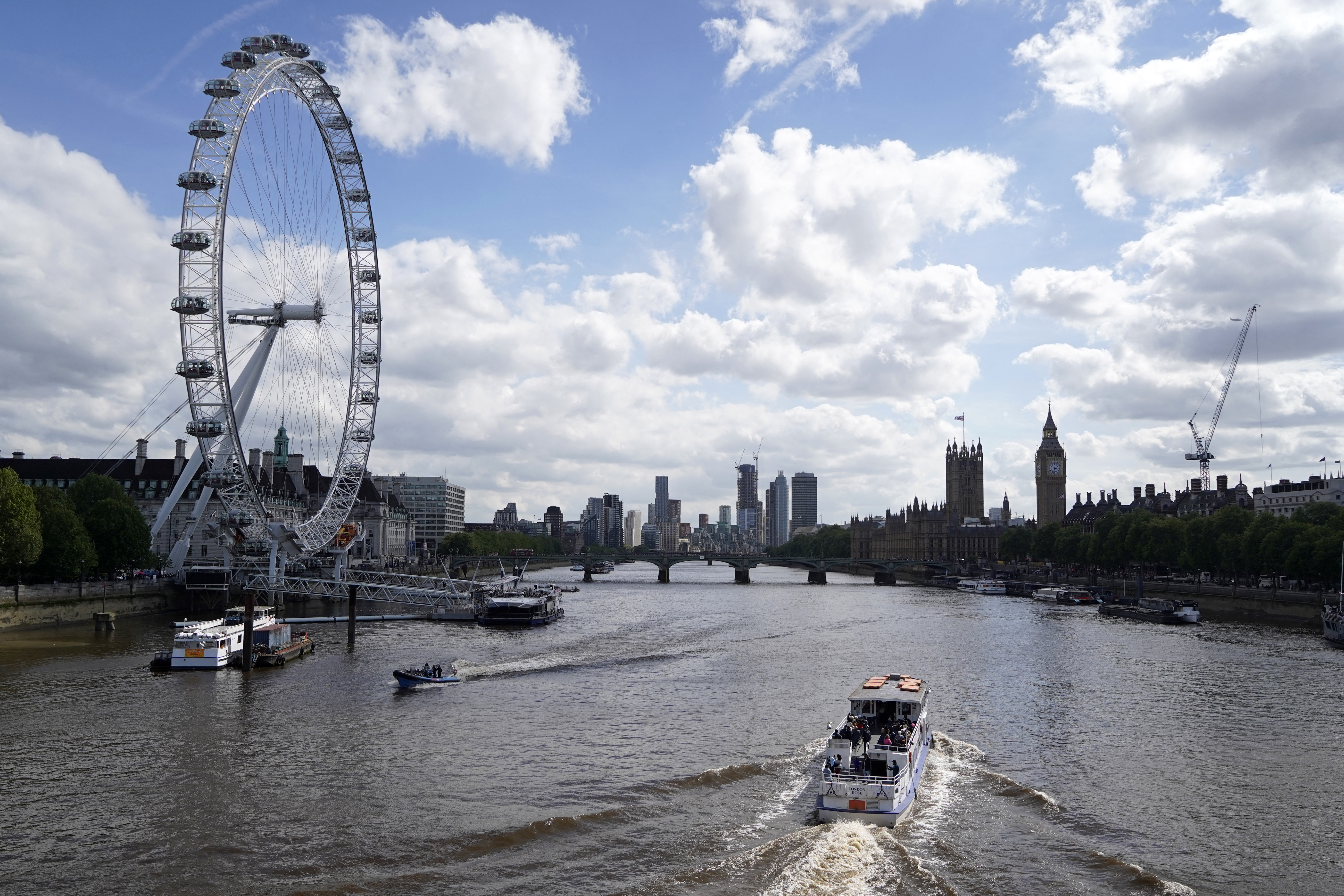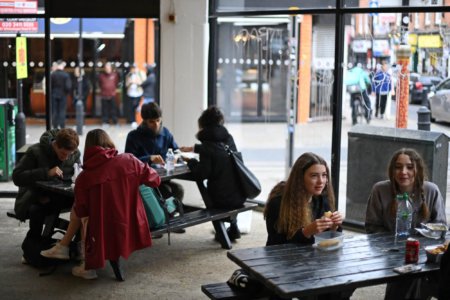
Looking for accommodation anywhere isn’t easy — and London is no exception. Famed for its high prices and crowded property market, looking for a place to stay in London as an international student can be exhausting. If you’re in this boat, you’ve probably typed out “property to rent London” or “flats for rent in London” more times than you can count.
Still, there’s no denying it: London is expensive. While there’s an option of staying in university halls, prices have been rising by the minute. Some university halls are advertising for at least 240 British pounds per week. Even private student accommodation providers such as Unite Students and Scape are pushing over the £250 mark for a small en-suite — with some going as high as £539 per week.
This would be fine if you have the budget for it, but the reality is that most international students are looking for affordable, accessible, and decently comfortable places to stay throughout their university years. Searching for property in London is a notoriously tough market to navigate through, but it’s not impossible — you just need to know where to look.
With that, here are some tips on finding a property to rent London as a first-timer:
Property to rent London: A guide

Find a place that’s best suited for you. Source: Justin Tallis/ AFP
Search outside Zone 1
We get it: you’re hoping that your time in London will be like what you’ve seen in movies and TV shows, with Covent Garden or Hyde Park just a short walk away from your flat. The reality, however, is that if you don’t want to fork out a fortune for accommodation, you’re going to have to look for places beyond Zone 1.
London is divided into “zones”, ranging from one to six. “Zone 1” refers to the city centre, while “Zone 6” is on the outskirts of the city.
Usually, the city centre is still accessible from Zones 2 and 3, whilst still having plenty to offer to you. For example, Elephant and Castle is relatively affordable and is about a 15 to 20 minute walk to London Bridge. Shoreditch and Mile End are becoming popular with students looking for property to rent London, as well.
Each area in London offers its own quirks. Shoreditch and Camden, for example, are known for its nightlife, vibrant street art, and hipster coffee shops. Other areas such as Surrey Quays and Canada Water are more family-oriented, but offer a quieter, more peaceful place to live. Bermondsey and Brixton give you a mixture of both.
Consider what’s best suited for you and where you’ll get the most out of your time in London. Don’t worry, though — no matter if you’re prioritising vibrancy or tranquillity, you’re guaranteed to find a place that fits your needs.
Do your research
That being said, it’s important to do your research on the area before deciding to stay there.
For example, many properties in East London, such as Mile End, Stratford, Hoxton, Hackney, and more, are known for their lower prices but may have higher safety concerns. Reports show that Croydon is rated the most dangerous borough to live in London, with the highest stabbing rate. Newham and Tower Hamlets follow closely behind.
South London is popular with students and families alike, but can be a little more difficult to navigate. It’s more reliant on buses and tube lines that don’t always cross into North London, which could present issues if you need to travel to the city centre often. So, be sure to check on crime rates if you’re concerned about safety.

Choosing a place to live depends on your priorities and what you want to get out of your university experience. Source: Niklas Halle’n/AFP
Transportation to uni
The great thing about living in London is its transport network — there’s the London Underground (or tube system), buses, National Rail, Tramlink, and more. This makes most places in the city centre relatively accessible, even from areas that are a little out-of-the-way.
Still, some places are less accessible than others, which can give you problems if your university is in Zone 1 or 2. For example, if your university is in Russell Square and you live in Brixton, you’ll probably be facing an hour’s worth of travel or more. This might involve two or three tube changes, which can be exhausting during the morning rush hour — or a very long bus ride.
Study the London map and weigh your pros and cons. Living further away from uni means a longer commute, which could affect how involved you will be with campus activities outside the classroom. However, you could save more money in the long-run. Either way, it depends on your priorities and what you want to get out of your university experience.
Consider exploring websites like Rightmove, Zoopla, and Unilodgers. Filter any properties to rent in London by price, and narrow down areas within your budget — this will make your research easier.
Join Facebook groups
Apart from Googling “property to rent in London”, you should also keep a lookout for Facebook groups to join. Many students advertise spare rooms or are looking to replace a roommate who has moved out. While Sites like SpareRoom usually advertise places like these, Facebook provides a good alternative to search for property to rent London, too.
Here are some Facebook groups you can consider joining:
- London flat share
- London Student Accommodation
- University of London Flatmate Finder
- Flats to rent in London
- London House/Flat/Spare room to rent
Be wary of possible scams on Facebook. As with any sale, do some background checks. Always arrange for a viewing before you agree to rent a property, and if that is not possible, make sure the person you are speaking to is responsive and willing to attend to your concerns.
Get in touch with property agents
This is not the typical route taken by students as it requires more on-the-ground research, but getting in touch with property agents is a great way to stay in the loop about affordable properties to rent London. Usually, you’d find agents covering certain boroughs in London. For example, an agent based in Richmond may cover other areas in West London, too.
Sign up for email alerts with property agents. This way, you’ll be on their mailing list, getting first-hand insight into properties that are available before they go up on sites such as Rightmove and Zoopla.










